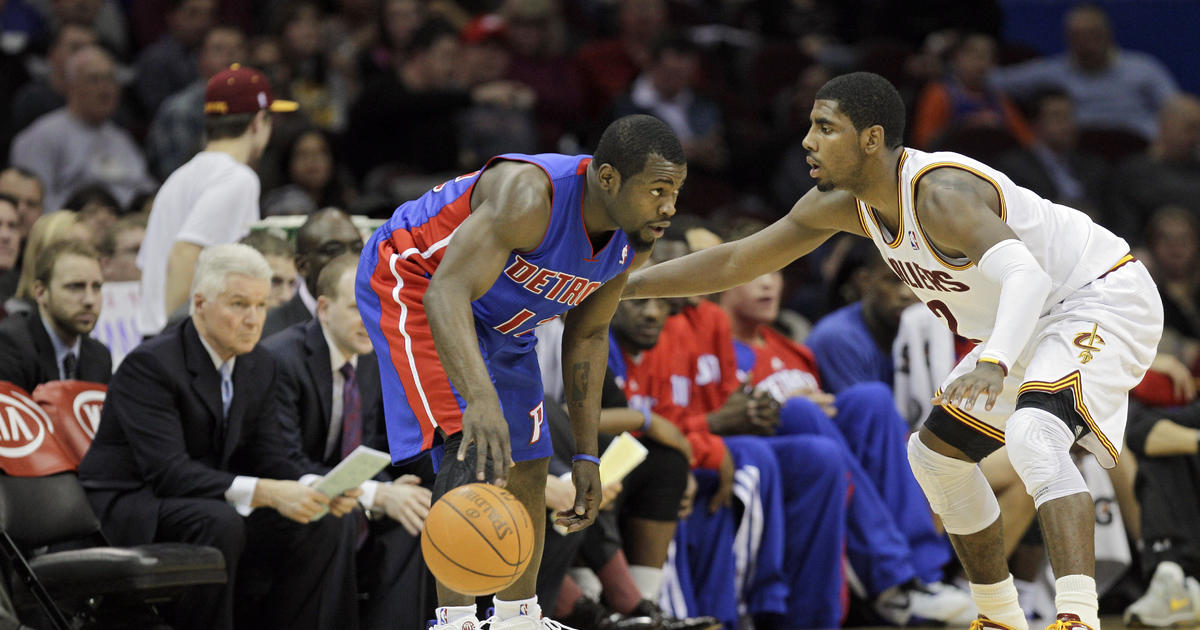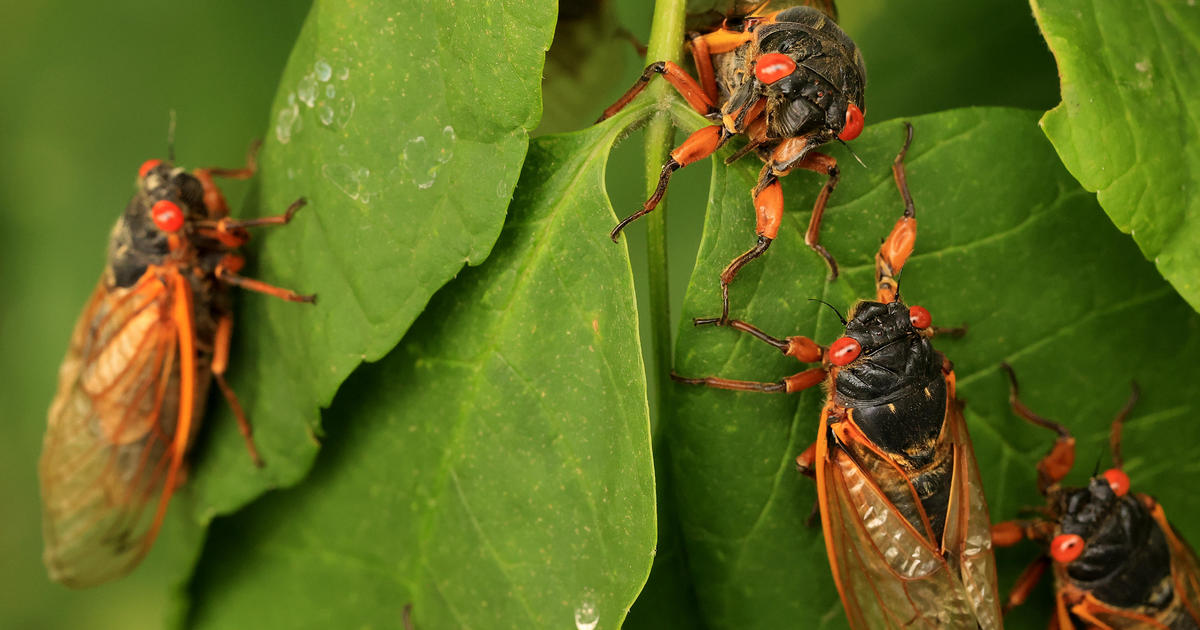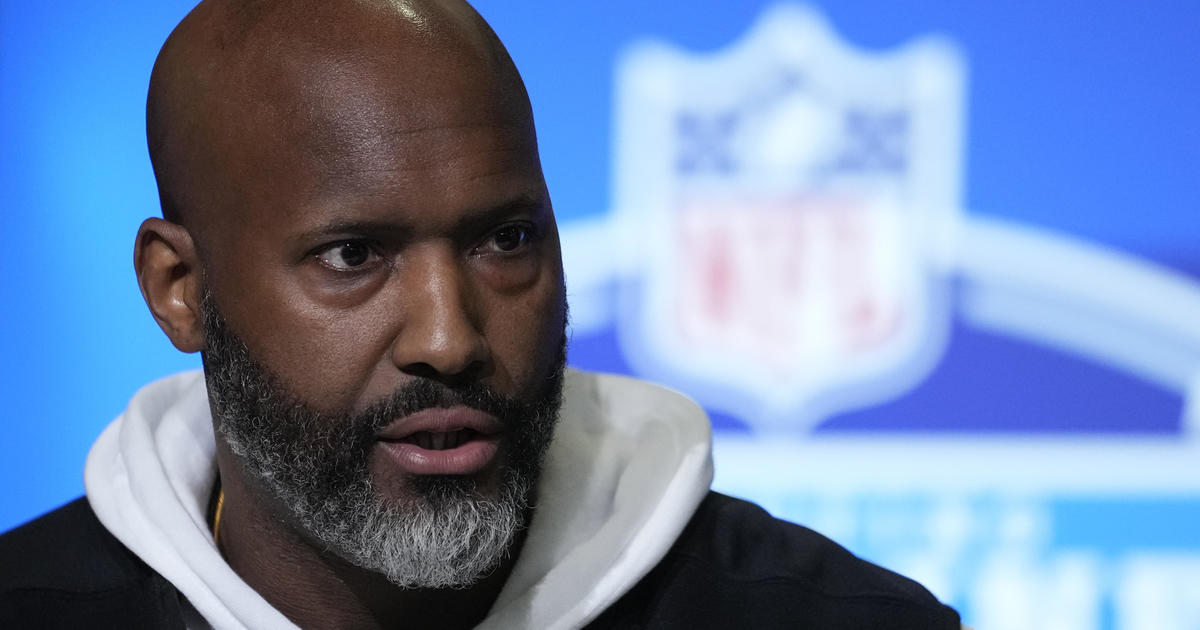Inside Miles Bridges' Game-Winner, A Risk Worth Taking
By: Will Burchfield
@burchie_kid
Walking toward the huddle with 20 seconds to play and Michigan State deadlocked with Purdue, Miles Bridges was prepared to do something out of character, something he'd already done twice that afternoon. He was prepared to ask for the ball.
He told his teammates as much on the way to the bench. They nodded their approval. Bridges, whose talent is eclipsed only by his selflessness, was in the midst of a typically-efficient 8-13 game for a team-high 17 points. This was his moment.
It's been his moment since, well, the moment he decided to return to Michigan State for his sophomore season. Bridges, then 18, could have bolted for the NBA and cashed in as a lottery pick, but he wanted another chance to help the Spartans do something special.
"He came back to be in these kind of games," said Tom Izzo. "He came back to try to help us win a championship."
Bridges nodded.
"I came back because I knew I would be in a position to do something like this," he said.
It's been a strange year for Bridges. The Spartans' best player has often assumed a secondary role on a team chock-full of talent, and his numbers haven't been as eye-popping as many expected. This has created the impression that he hasn't improved, that his NBA stock is sliding, that he made a mistake by coming back for round two.
Meanwhile, Michigan State has been embroiled in controversy, and the basketball program -- fair or not -- has been tied in. The Spartans' superlative season has taken a backseat to bigger concerns of a university in crisis.
Surely, when Bridges decided to return, this isn't what he envisioned.
"I just felt a little bad for a guy like Miles who came back to try to have the greatest year he could have, and some of it has been crazy and no fault of his," said Izzo.
Saturday offered a reprieve. On a snowy February afternoon in a sold-out Breslin Center, it was all about basketball: No. 4 Michigan State versus No. 3 Purdue. If Bridges had come back for this kind of game, he damn well wasn't going to let it slip away.
"Twice in the huddle today he said, 'Get me the ball.' I said, 'Yes sir,'" Izzo recalled with a smile. "But it's not his style."
All season long, Izzo has been trying to coax more assertiveness out of his best player. It's a rare dilemma for a coach, needing to convince a superstar to think about himself. For Izzo, this conundrum has been heightened by the fact that Bridges really only cares about winning and Michigan State has piled up victories, 24-3 entering Saturday's game.
Slowly, though, Bridges has turned a corner. He's begun taking matters into his own hands. He credits the extensive film work he's done with assistant coach Mike Garland, who has helped him eliminate stretches of passive play. Izzo's prodding has probably had an effect as well.
But the best stimulus was a big stage. On Saturday afternoon, as the college basketball world fixed its eyes on East Lansing for reasons pure and simple, Bridges found himself in the moment he had dreamed about over the summer. Forcefulness and swagger has always simmered inside him. A special game would have to be the spark.
This is my shot, he told his teammates as they strode toward the huddle, the scored tied at 65. This is my game. I got this.
On the sideline, the coaching staff had already decided the same thing. When the Spartans huddled up, Izzo looked at Bridges and said, "Miles, we're going to you."
"I think he's really starting to become more aggressive," Izzo said. "He wanted that ball, and I wanted to give it to him."
"It was great just to see the trust that they have in me," said Bridges, as if their trust was ever in question.
The play out of the timeout was simple. For great players, that's all it takes. The Spartans would clear the right side of the lane and put the ball in Bridges's hands at the top of the arc. Izzo wanted him to take it to the hole and get fouled.
The execution was perfect. Bridges got the ball right where he was supposed to with about eight seconds to go. Cassius Winston was in the corner to Bridges' right, the second option on the play, ready to catch and shoot should his defender help on Bridges.
But Winston never expected to get the ball.
"We all knew he was going to shoot it," Winston said with a smile. "In my head I didn't think he was going to the basket. It's just, we know Miles."
Bridges did intend to drive the lane, he said, but then his defender backed off -- just a bit, just enough -- at the edge of the arc. A window opened from about 25 feet out, and with 4.5 seconds left Bridges launched and fired.
"I just took what he gave me," Bridges said.
At the end of last season, the safe play for Bridges was to enter the draft. He was sure to be a lottery pick, sure to get paid, sure to set down the road of a long NBA career. This is what college basketball players do. They leave school when their stock is high, when the risk of returning is higher than the reward.
Bridges could have taken a step back this season -- indeed, it's been suggested he has -- and damaged his draft value. Worse, he could have gotten hurt and thrown his entire career in jeopardy. Millions upon millions of dollars, and a dream, could have been lost. One devastating injury is all it takes.
But how do you weigh the opportunity to be part of a team that lives on forever? For Bridges, this was the factor that tipped the scales. So he took a chance.
As the ball was in the air, Winston said time slowed down.
"It definitely felt like a movie scene," he said.
Bridges said the shot felt good when it left his fingertips. And Izzo, about 10 feet behind Bridges and almost directly in his line of vision, said it looked good.
"Where I was standing, I could see it going right in," said Izzo.
Still, Bridges was nervous. He thought the ball might roll around and rim out.
"Coach would have been mad," he said with a smile.
The ball arched through the air and then splashed into the net. At the other end of the arena, just as the shot came down, a paper cup was flung into the air amidst the throb and thunder of the student section. Bridges backpedaled down the court, mean-mugging, his chest puffed out.
("I need to work on my celebrations," he admitted later.)
His teammates on the floor chased after him, and several more who stormed off the bench had to be restrained by the refs at mid court. There were still 2.6 seconds remaining. Purdue called a timeout, giving Bridges the chance to indulge the crowd as he made his way toward Michigan State's sideline. He pumped his left arm to urge on the fans, and they cranked up the volume as loud as it would go.
"Miles got what he deserved today," Izzo said, "because he made the big plays and the place was electric for him."
Bridges said it was the biggest shot of his life. He'd never hit a game-winner before, not even in high school or elementary -- which is a good way to remember he's still a darn teenager. He also said it was the biggest win of his career.
Why?
"Just to stay in the Big 10 hunt," Bridges said. "And the type of team (Purdue) is, it's hard to beat them."
(With four games to go, Michigan State is tied for second in the Big 10 with Purdue, one game behind Ohio State.)
Shortly after the game ended, Bridges and Izzo shared a long embrace on the Michigan State sideline. "That one was for you," Bridges told him, and the coach had tears in his eyes when he let go. It was all hitting him at once: the memory of Jud Heathcote, the late coach memorialized at halftime who changed his life; the pain of Michigan State, a university trying to heal; and the joy of Bridges, a player for whom Saturday was a long, long time coming.
"I've never seen coach that emotional," Bridges said. "We knew how much it meant to him."
The game resonated with the players, too. They wanted to honor the legacy of Heathcote. They wanted to do right in East Lansing at a time when there's so much going wrong. Bridges could sense the opportunity before him as he walked back onto the floor with 20 seconds to go, ready to win the game.
Just one bucket, he knew, "would mean the world to everybody."
Bridges planned to attack the rim, he really did. (Don't try this on Winston.) It was the play with the lowest level of risk. But basketball can change quickly, and suddenly he was lifting off the ground and uncorking a 25-footer as the audience held its breath.
"Chances make champions," Bridges said. "That's what I always say."



